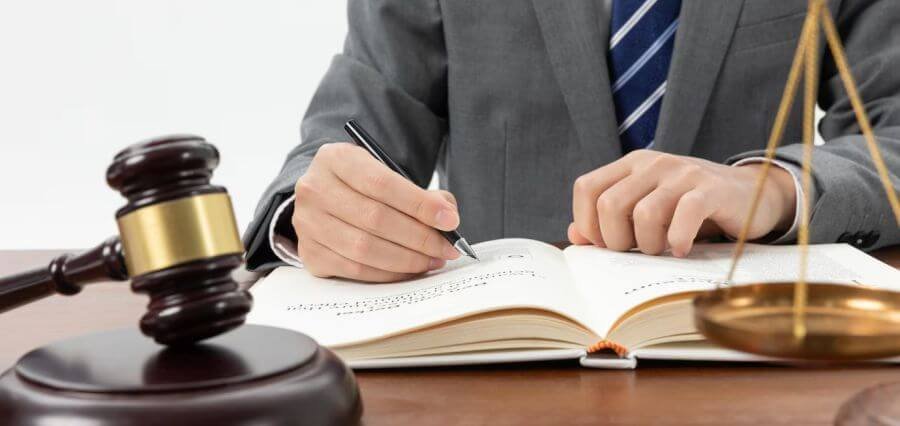Maybe you were hurt by a careless doctor, fell on an icy sidewalk, or got punched by a drunk bar patron. You’re thinking about a personal injury (PI) insurance claim or a lawsuit. But like most people, you don’t know much about the laws and procedures that will govern your case.
In such situations, hiring an experienced personal injury lawyer can increase your chances of getting fair compensation.
How Personal Injury Lawyers Build a Strong Case to Support Your Personal Injury Lawsuit
When you are involved in an accident and suffer injuries due to another individual’s negligence, or intentional wrongs, a personal injury lawyer can help build a strong case, negotiate with insurance companies, and prove liability in court.
Your chances of winning a personal injury lawsuit depend on the strength of your case and many other factors. There is no way of knowing your case’s likely outcome without understanding the circumstances, facts, and other details.
But the question is, how do they claim the case? What resources will they need or use to achieve your likely goal?
Many different forms of things can be used as ‘evidence’ for your support in the court.
It could be a recorded statement, casual conversation with your neighbor, eyewitnesses, public camera footage, any medical record, or a testimony in your support.
Let’s get into the details of how what different types of resources you should be looking for:
1. Investigative Resources
To win a personal injury case, lawyers often rely on a thorough investigation of the accident. This involves gathering police reports, surveillance footage, and eyewitness statements to piece together a clear understanding of what happened. They may also work closely with accident reconstruction specialists to prove exactly how the incident occurred, assuring the responsible party is held accountable.
2. Medical Experts Opinion
A personal injury lawyer will frequently work with medical professionals to evaluate the severity of your injuries and the long-term impact on your health. Medical experts can provide essential testimony, detailing the extent of the injuries and any future care you may need, which can substantially affect the compensation you’re entitled to.
3. Economic and Vocational Experts
When seeking compensation, it’s important to account for both current and future financial losses. A personal injury lawyer may consult with economic and vocational experts who can calculate the full financial impact of your injuries, including lost wages, diminished earning capacity, and medical expenses. These professionals ensure that your settlement or court award reflects the true cost of your injuries.
4. Legal Research Tools
A successful personal injury case relies on a lawyer’s deep understanding of personal injury laws. Lawyers use legal databases to research case law, statutes, and precedents to craft legal arguments that support your case. They can also leverage local court knowledge to tailor their approach to the preferences and procedures of the court system.
5. Negotiation Skills
Beyond resources, one of the most valuable assets a personal injury lawyer brings to your case is negotiation skills. Lawyers are trained in negotiating with insurance companies to secure the maximum settlement for your injuries. If negotiations fail, they have the resources and expertise to take your case to trial and fight for fair compensation in court.
Why Legal Representation Matters?
Whether it’s a motor vehicle collision, slip and fall, or another incident, knowing your rights empowers you to pursue fair compensation and ensure your well-being during the recovery process. However understanding personal injury laws can be complex, especially when dealing with insurance companies and the potential for litigation.
Having an experienced personal injury attorney on your side is essential. They can:
● Evaluate the strength of your case.
● Negotiate with insurance companies to ensure you receive a fair settlement.
● Gather evidence and expert testimony to support your claim.
● Represent your interests in court if a lawsuit is required.
If you’re unsure about your case or need legal guidance, consulting a reputable personal injury attorney can be the best way to get the support you need.









